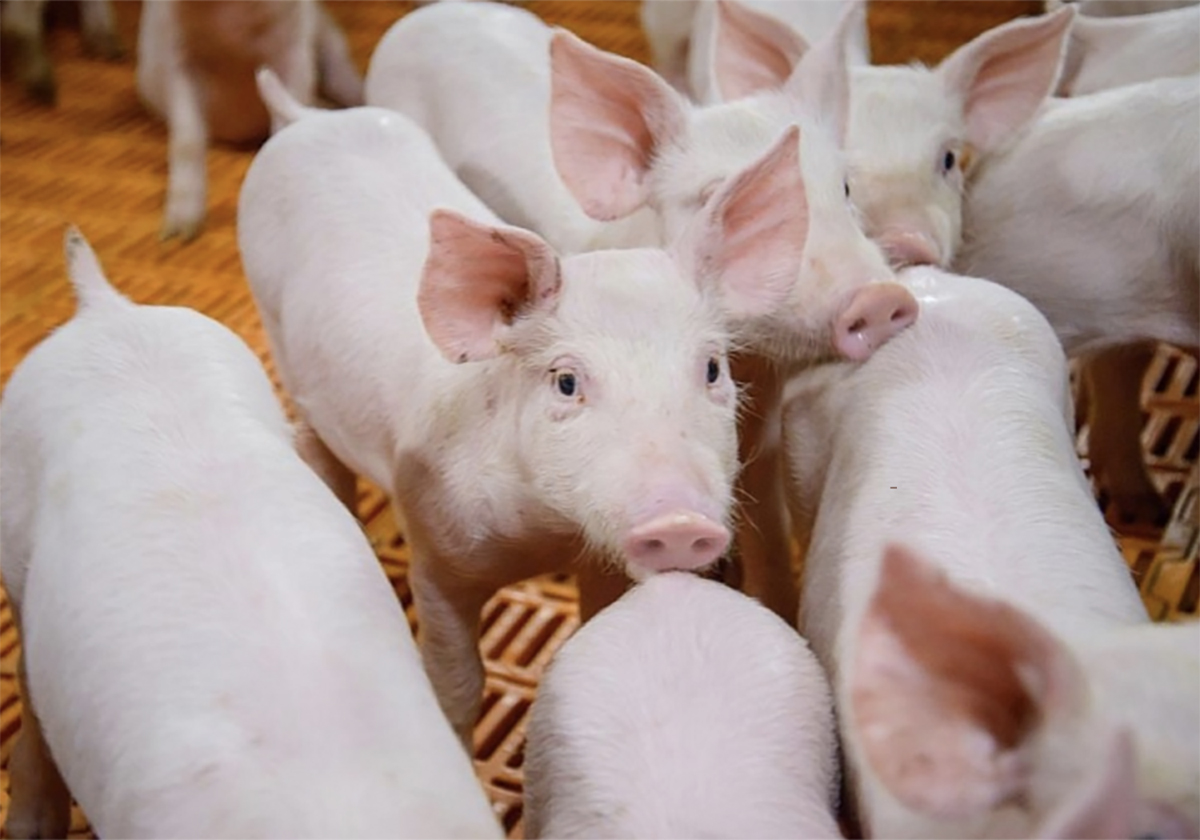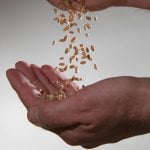RED DEER, Alta. – Moving this year’s barley crop might be a tough sell for the Canadian Wheat Board.
Forces outside the board’s influence, like European export subsidies, could turn this year’s sales program into a headache, said a barley marketing representative from Alberta Wheat Pool.
Part of that pain was caused by a Nov. 7 sale of 300,000 tonnes of European barley to Saudia Arabia, Canada’s best customer for feed barley. A subsidy of $58 a tonne accompanied that sale, said Kris Olsen at a market outlook seminar in Red Deer.
Read Also

The Western Producer Livestock Report – August 28, 2025
Western Producer Livestock Report for August 28, 2025. See U.S. & Canadian hog prices, Canadian bison & lamb market data and sales insights.
He said Canada has sold the Saudis about 400,000 tonnes of barley so far with hopes of selling them another million tonnes.
If Canada can’t fill the next Saudi tender in the new year there will be no place for that barley. Therefore, the Series B wheat board contract could be in trouble because it is highly dependent on the Saudi contract.
“The board is going to have to do some pretty fancy footwork,” Olsen said.
Saudi Arabia is the world’s largest importer of feed barley, buying as much as six million tonnes a year. It also serves as a barley clearing house for the rest of the Middle East.
The United States is a potential customer for Canadian barley but North American Free Trade Agreement rules state Canada can’t ship below the $142 a tonne in-store price. The wheat board’s current Pool Return Outlook for barley is $113.
This year, Canadian farmers harvested about 15 million tonnes of barley, up about three million tonnes over the 12-year average. About two million is designated for export, some will go for malt and the rest is consumed in the domestic feed industry.
On the wheat side, Alberta has about 500,000 tonnes of feed wheat. The board will have trouble finding markets for it, Olsen said. South Korean chicken farmers are a big buyer as are British Columbia poultry producers who are bidding $125 a tonne.
In total, 28 percent of Alberta’s hard red spring wheat is Canadian Western No. 1, seven percent is No. 2 and 39 percent is No. 3.

















